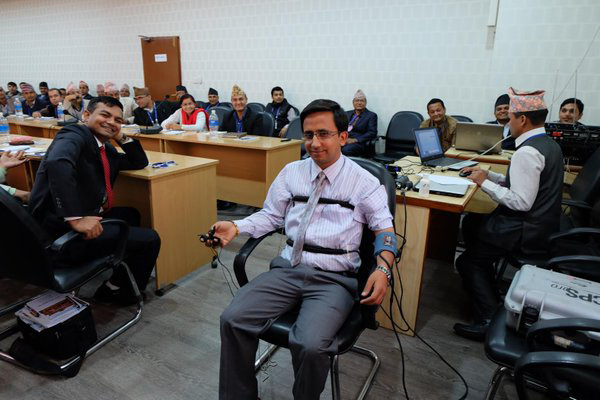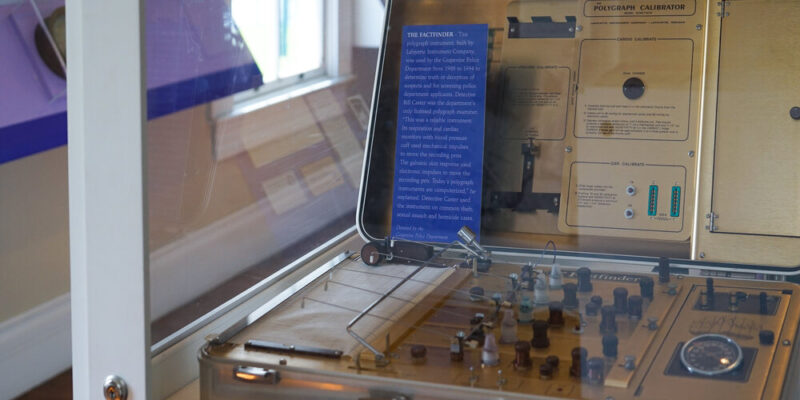Lie detectors, also known as polygraphs, are something that everyone finds mysterious and confusing. Even though polygraph tests are common in criminal investigations and employment screenings, there is a lot of misinformation regarding the process or their validity. mike rumble, a polygraph expert, tells us more about these myths and sets the record straight on what can—and cannot—be determined by using a polygraph test.
What is a polygraph?
A polygraph records behavioral response such as heart rate, blood pressure, respiration, and skin conductivity. This is based on the expectation that lying responses will elicit unique physiological reactions as compared to correct ones. This idea, though rife with confusion and misinterpretation.
Polygraphs Can Detect Lies with Absolute Accuracy
There is also the perhaps most common myth—that polygraphs can detect lies or truth with almost perfect accuracy. Deviances from baseline readings are potential cues to deception, but proof of deceit they cannot be. In addition, anxiety and medical conditions can also interfere with the results.
Polygraphs are Foolproof
One of the most common myths about polygraphs is that they never make mistakes and cannot be fooled. Polygraphs, Rumble says in a written record of his decision, ‘are not foolproof, but they are very well thought out and engineered. However, this can inhibit one’s response from being purely physiological and thereby inhibit the interpretation of results.
Polygraphs Can Read Minds

Others think that polygraphs can read minds, none of which is accurate—something Rumble clears up. Polygraphs, of course, do not measure what you are thinking or intending to say; they merely keep track of your physical reactions as a result of certain questions. Therefore, they can only establish the veracity of a statement within what their bodily readings—measurement-takers gauges and measuring instruments for others—provide.
Polygraph Results are Admissible in Court
Single-use polygraphs are of uncertain legal status and legality varies by jurisdiction. Rumble noted that in some areas, you cannot use polygraph findings at trial because the credibility of a machine doing only as well or worse than chance is entirely under question. The results of polygraphs are not generally admissible in court; they can be administered as a part of pre-employment exams or occasional internal investigations only.
For practitioners and the public, it is important to understand what polygraphs can do—and cannot. The analysis provided by mike rumble emphasizes that while polygraphs indeed measure physiological indices, we should not automatically regard them as flawless lie detectors.













Comments